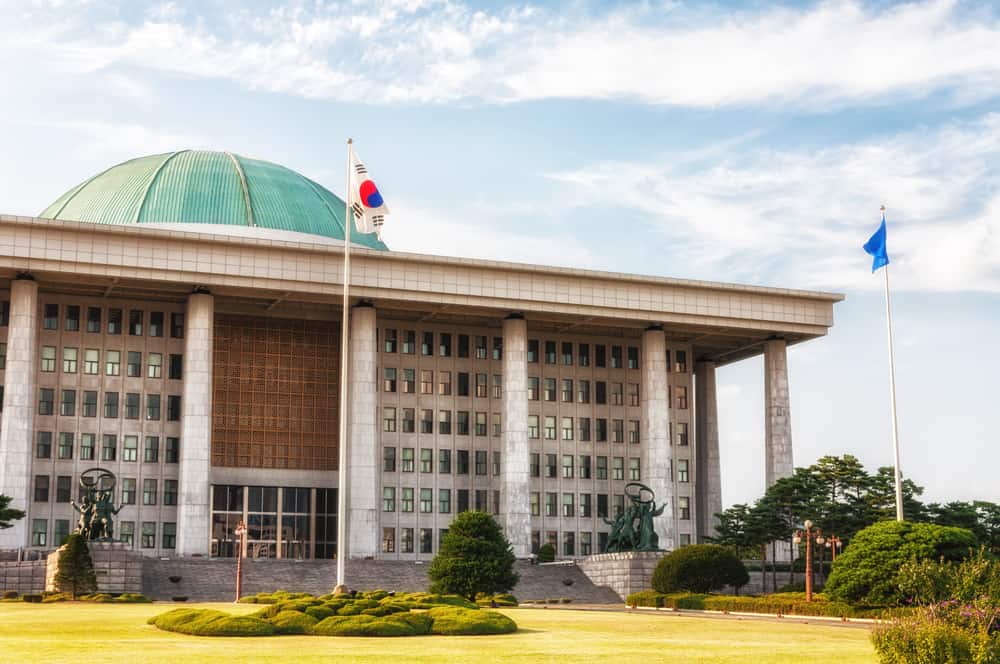The political landscape in South Korea has undergone a dramatic shift with the recent impeachment of President Yoon Suk Yeol by the National Assembly. This unprecedented action follows Yoon’s controversial decision to impose martial law in response to escalating civil unrest. The vote to impeach, which passed with a majority, reflects deep divisions within the government and among the populace regarding the balance of power and the protection of civil liberties.
The backdrop to this political upheaval lies in the civil unrest that has gripped South Korea in recent months. Protests erupted over a range of issues, including economic disparities, social justice, and perceived government overreach. In an attempt to restore order, President Yoon invoked emergency powers, citing the need to protect citizens and maintain public safety. However, this move was met with immediate backlash from opposition parties, civil rights groups, and segments of the public who viewed it as an infringement on democratic freedoms.
The National Assembly, which is comprised of a diverse array of political factions, convened for a special session to address the crisis. During the session, lawmakers debated the implications of Yoon’s martial law order, weighing the necessity of such measures against the potential risks to democracy. Proponents of the impeachment argued that Yoon’s actions were not only disproportionate but also undermined the constitutional rights of citizens. They contended that the martial law order was a clear overreach of executive authority, invoking fears reminiscent of past authoritarian regimes in South Korea’s history.
Opposition parties rallied together to initiate the impeachment process, emphasizing the need for checks on executive power. The impeachment vote was characterized by passionate speeches and intense parliamentary debate, highlighting the contentious nature of the situation. Ultimately, the assembly voted in favor of impeachment, marking a historic moment in the nation’s political history and signaling a potential shift in governance.
In response to the impeachment, President Yoon expressed his disappointment and vowed to challenge the assembly’s decision. He framed the martial law order as a necessary response to protect the nation during a time of crisis. However, this stance has not quelled the public outrage; many citizens continue to voice their concerns over government actions and the erosion of democratic principles. The impeachment has galvanized various segments of society, leading to further protests both in support of and against Yoon’s presidency.
As the situation unfolds, the constitutional implications of the impeachment process will be closely scrutinized. In South Korea, the Constitutional Court will ultimately determine the validity of the impeachment, assessing whether the grounds for removal are justified. This legal process could take several months, during which time the political atmosphere may continue to evolve. Observers note that the outcome will not only impact Yoon’s presidency but also set important precedents for the future of executive power in South Korea.
The impeachment of President Yoon comes at a time when South Korea is grappling with broader challenges, including economic recovery post-pandemic and regional security issues. The ongoing tensions with North Korea and the need for robust international partnerships further complicate the political landscape. Stakeholders in South Korea and abroad will be watching closely as the situation develops, mindful of the implications for governance and stability in the region.
In conclusion, the impeachment of President Yoon Suk Yeol represents a critical juncture in South Korean politics, reflecting the tensions between authority and civil liberties. As the National Assembly takes this unprecedented step, the nation stands at a crossroads, navigating the complexities of democracy and governance in a rapidly changing world. The decision will resonate beyond the immediate political context, influencing public discourse on the role of government and the rights of citizens in South Korea for years to come.


